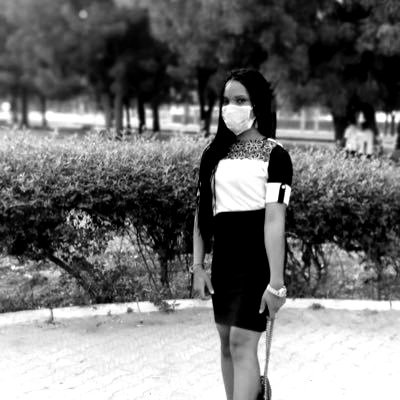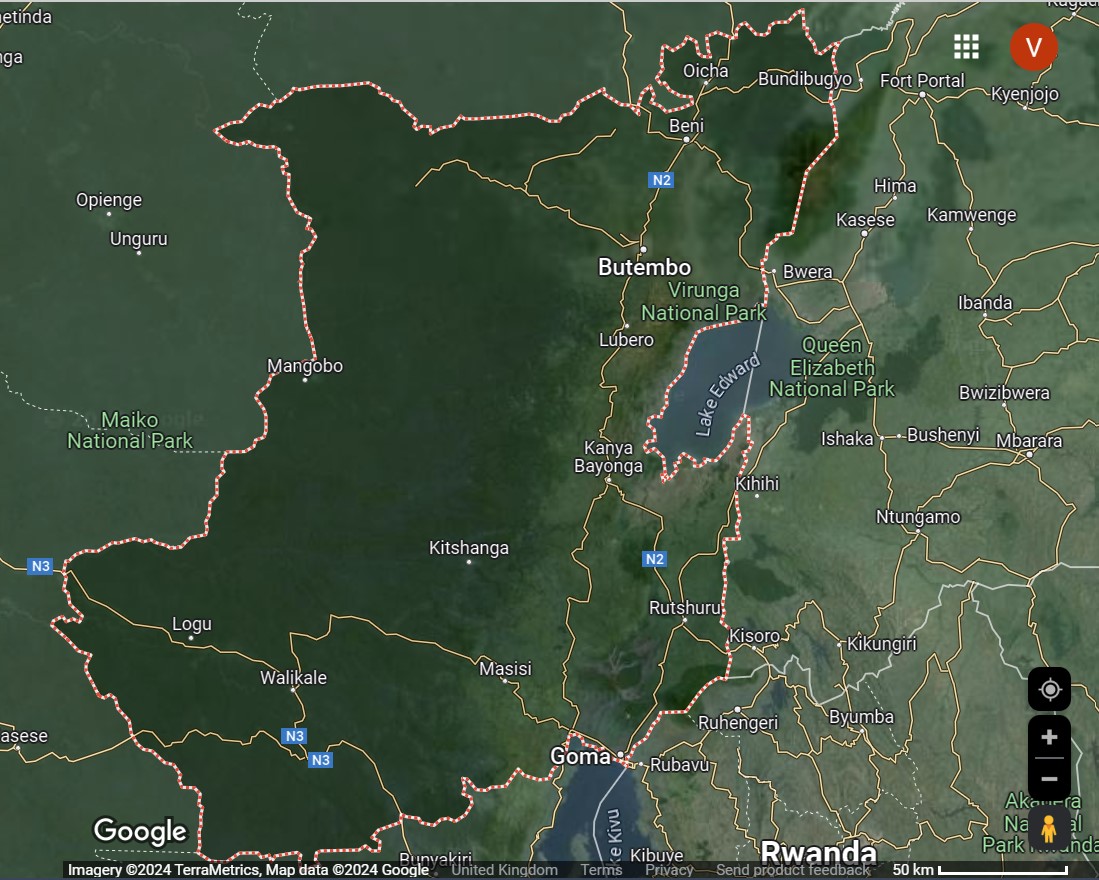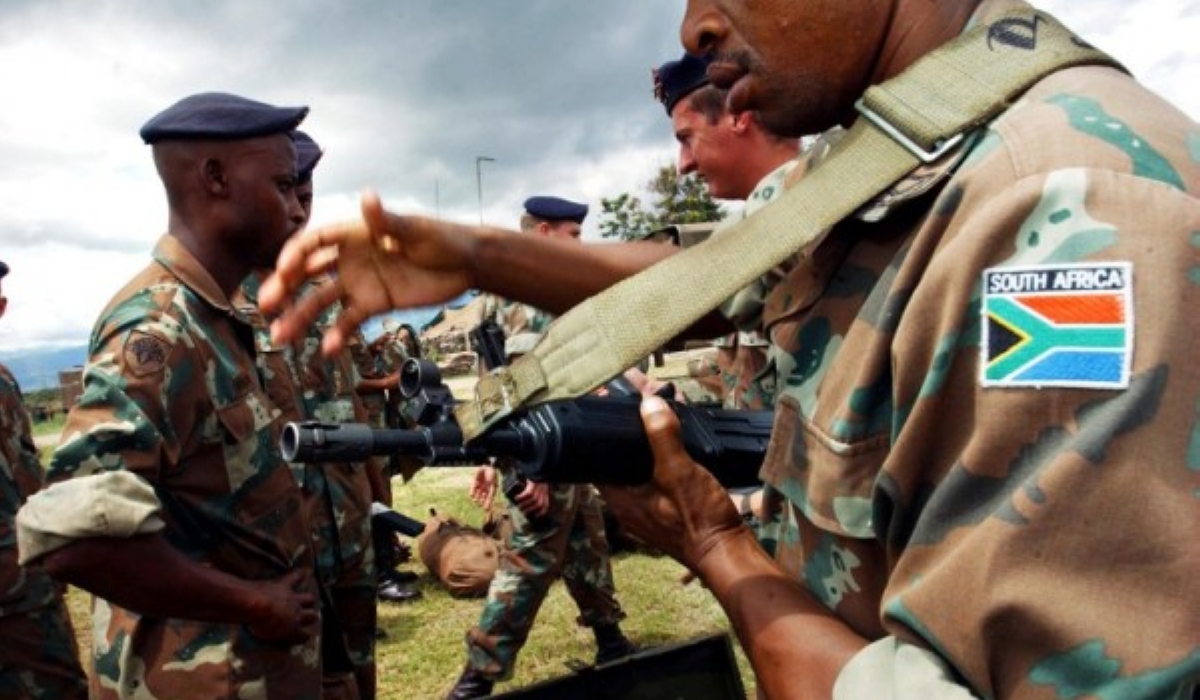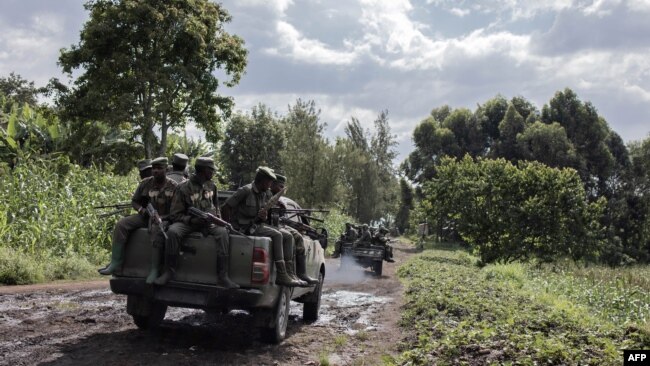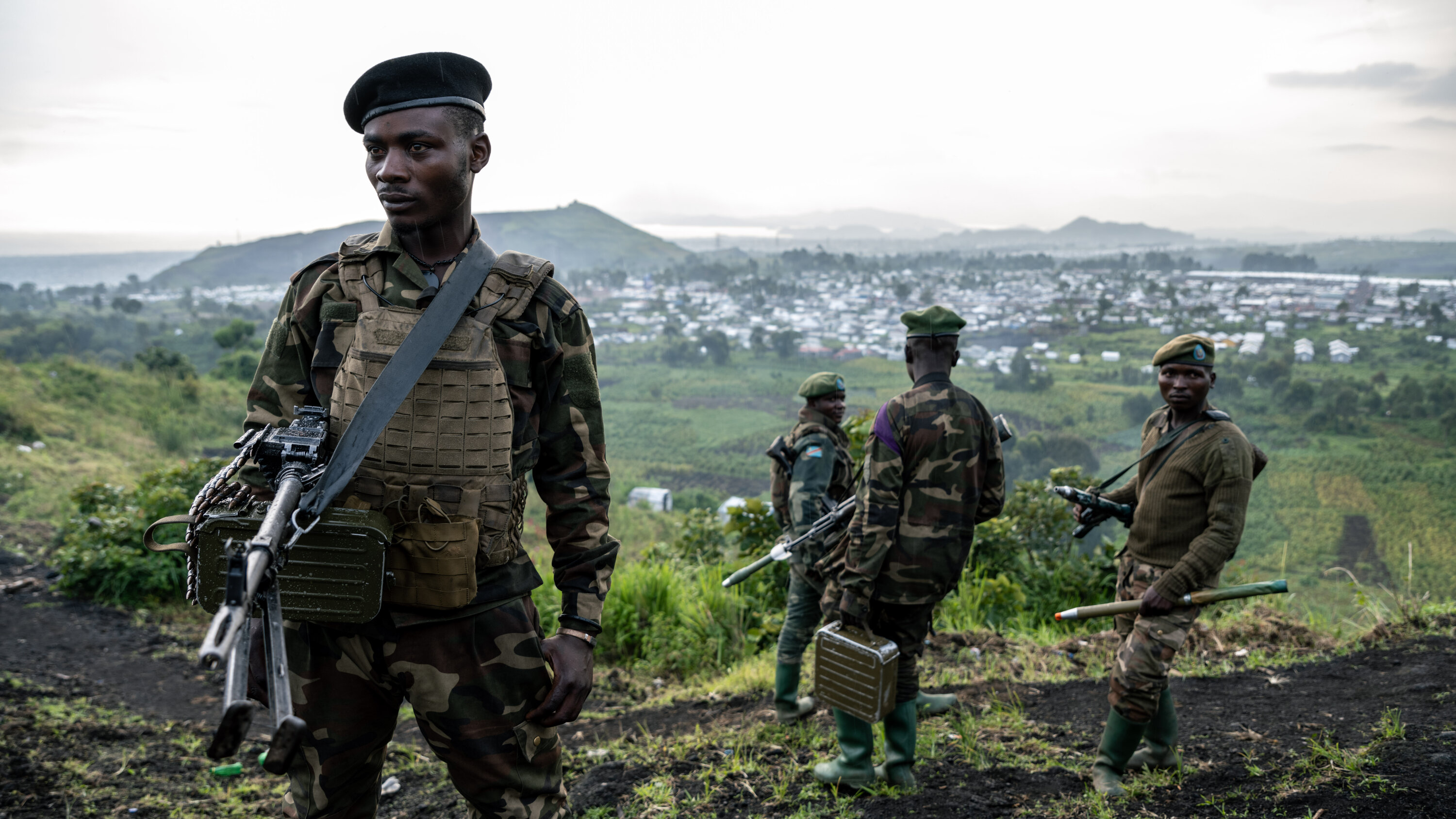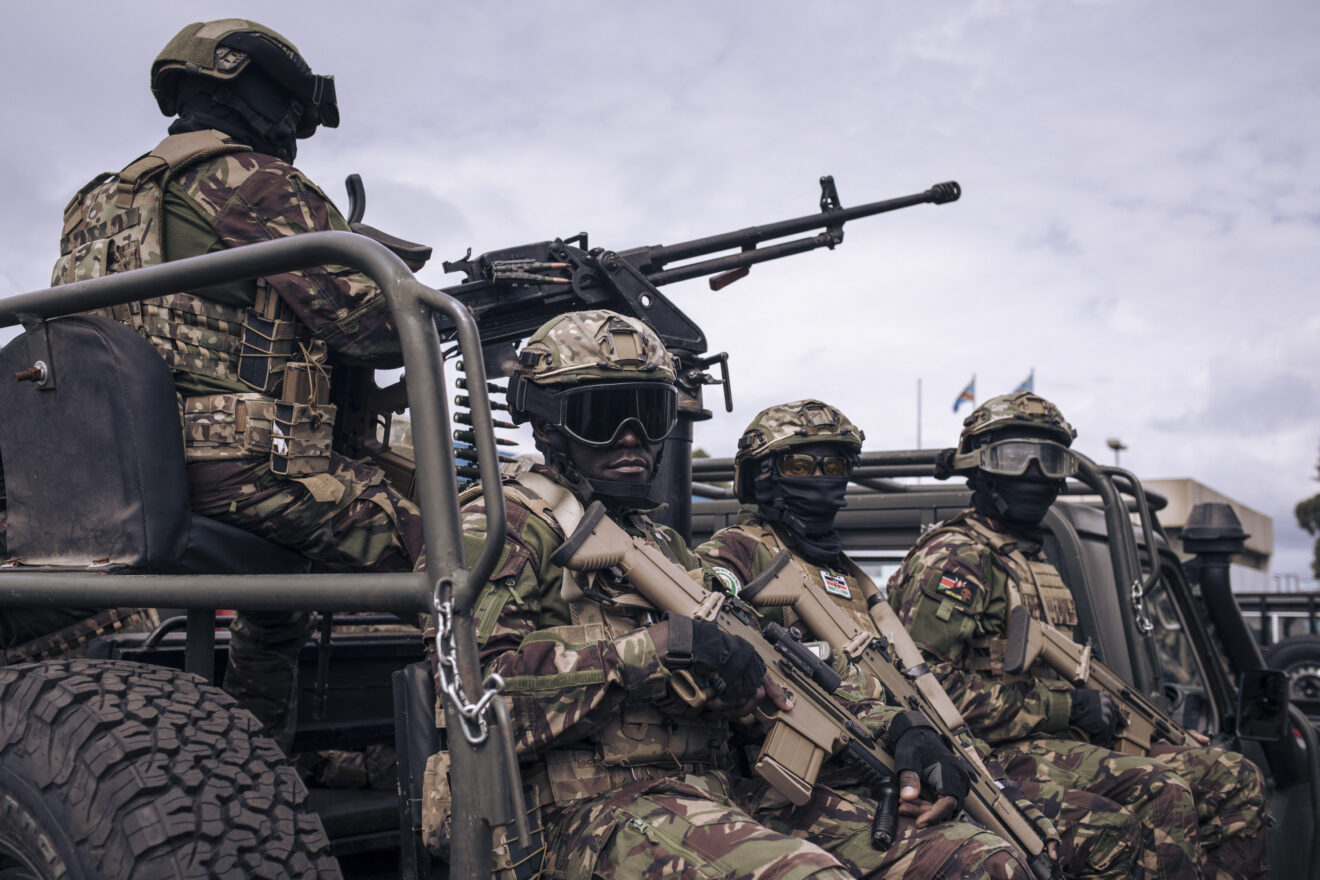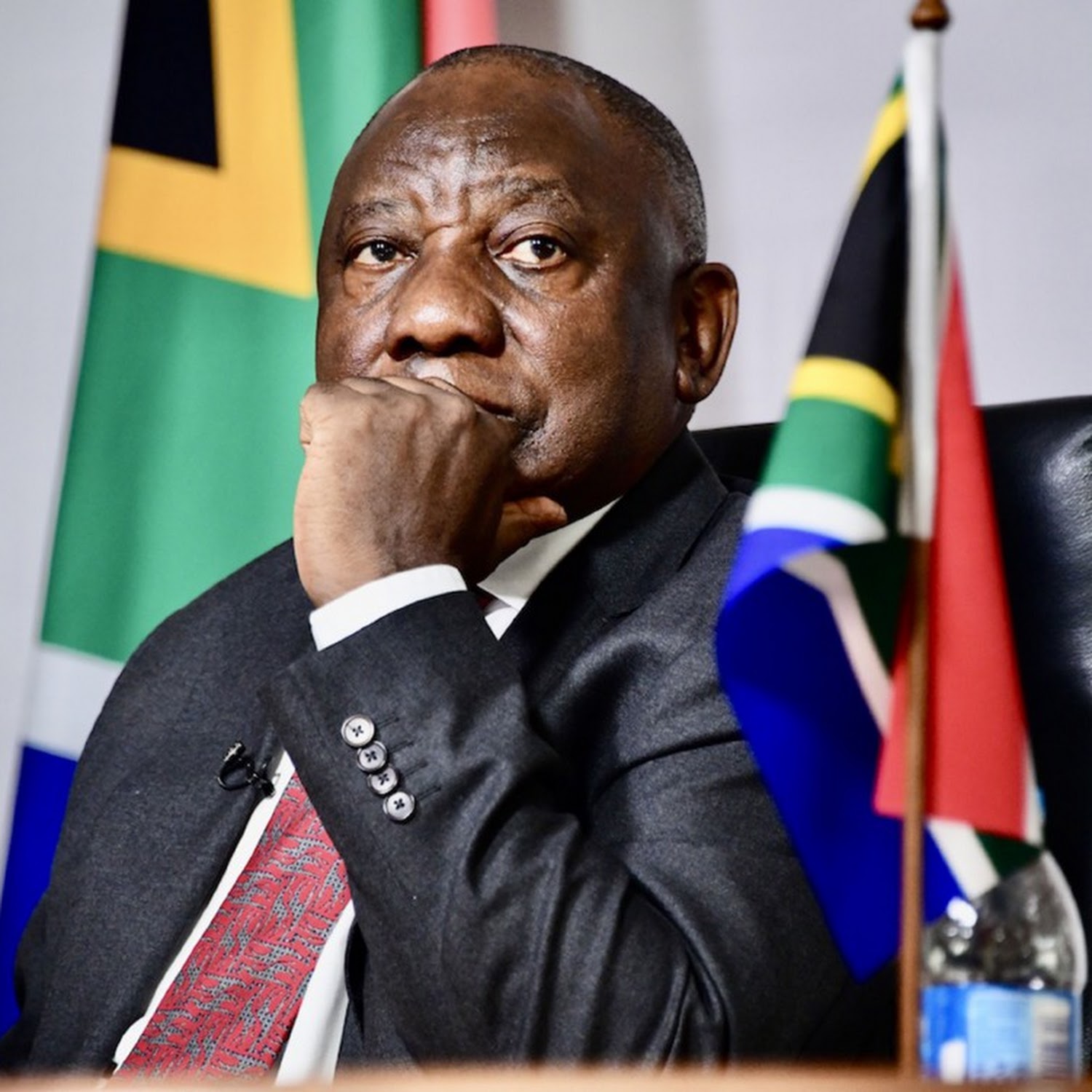Regional
DRC can de-escalate situation if it wants to. Here's how
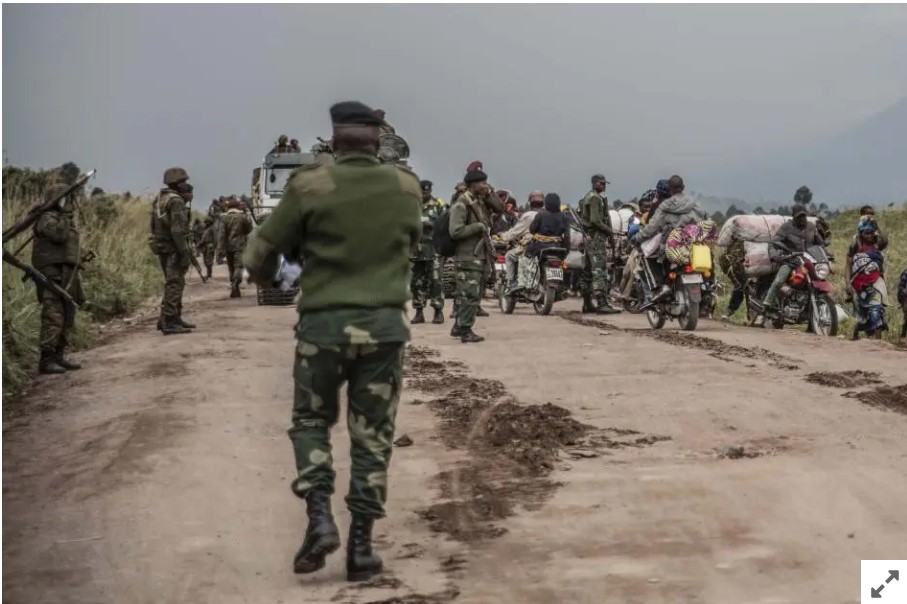
People fleeing fighting between Congolese army coalition forces and M23 rebels near Kibumba in North Kivu Province in the east of the Democratic Republic of Congo, in May 2022.
The Democratic Republic of
Congo has been experiencing violence, fueled by hundreds of armed groups,
working with government forces, looting mineral resources and killing civilians
enmass.
The Congolese government does
not seem to want peace. But if it did, several regional experts have offered
their advice, initiatives and roadmaps to successive Congolese governments on
how to de-escalate the situation in the country.
Among the proposed initiatives
to bring peace in eastern DRC is Kinshasa’s disassociation from the genocidal
ideology.
The crisis in eastern DRC can
be traced back 30 years ago when in July 1994 the defeated Rwandan genocidal
government and forces that included the notorious Interahamwe militia fled to
the then Zaire. Instead of disarming the defeated genocidal forces, the Zairean
government supported by foreign actors helped them to re-organize, and re-arm,
as they plotted to forcefully return to Rwanda and complete their genocidal
objective. They are now known as FDLR.
The genocidal militia exported
genocide ideology to DRC, which has led to the persecution and displacement of
hundreds of thousands of members of the Congolese Tutsi community who flee to
Rwanda and other countries in the region.
Amid the deteriorating armed
conflict in the east of the DRC, Kinshasa continues to arm FDLR heavily.
Several reports have pinned the Congolese government for heavily arming the
FDLR and all its slinter groups, and integrating them in the national army,
FARDC, to fight M23 rebels.
Countries in the region have
warned that the collaboration between FDLR and DRC is a disaster to the region.
But Kinshasa adamantly refuses to listen. Kinshasa has been advised on how to
bring much needed peace to their people, to no avail. Why would a sensible
government hobnob with a genocidal militia anyway?
The answer is simple; the
Congolese government wants FDLR to support its national army in fighting the
M23 rebels. Kinshasa will, in return, support FDLR’s attacks on Rwanda’s
territory.
This deadly collaboration led
to endless violence in DRC, especially for the Kinyarwanda-speaking Congolese,
which has in return led to an influx of refugees in other countries, fleeing
persecution in their own country.
President Felix Tshisekedi has
also been advised to acknowledge and protect the rights of all
Kinyarwanda-speaking Congolese, to no avail.
Hate speech against Congolese
Tutsi communities has spread nationwide by the DRC security personnel or
political figures, civil society actors, and members of the Congolese diaspora,
through conventional media and social media.
In her statements dated
November 30, 2022 and January 24, 2O23, respectively, the United Nations
Special Adviser on the Prevention of Genocide, Alice Wairimu Nderitu, expressed
concerns about the escalation of hate speech and incitement to discrimination,
hostility or violence nationwide – and specifically against Kinyarwanda
speaking community. She warned that “the conditions necessary for the
commission of atrocities, crimes continue to be present in a region where a
genocide happened in 1994”.
More than a year later, the
situation has not changed yet there are early signs of acts of genocide against
the Congolese Tutsi, all because Kinshasa has failure to protect its citizens.


